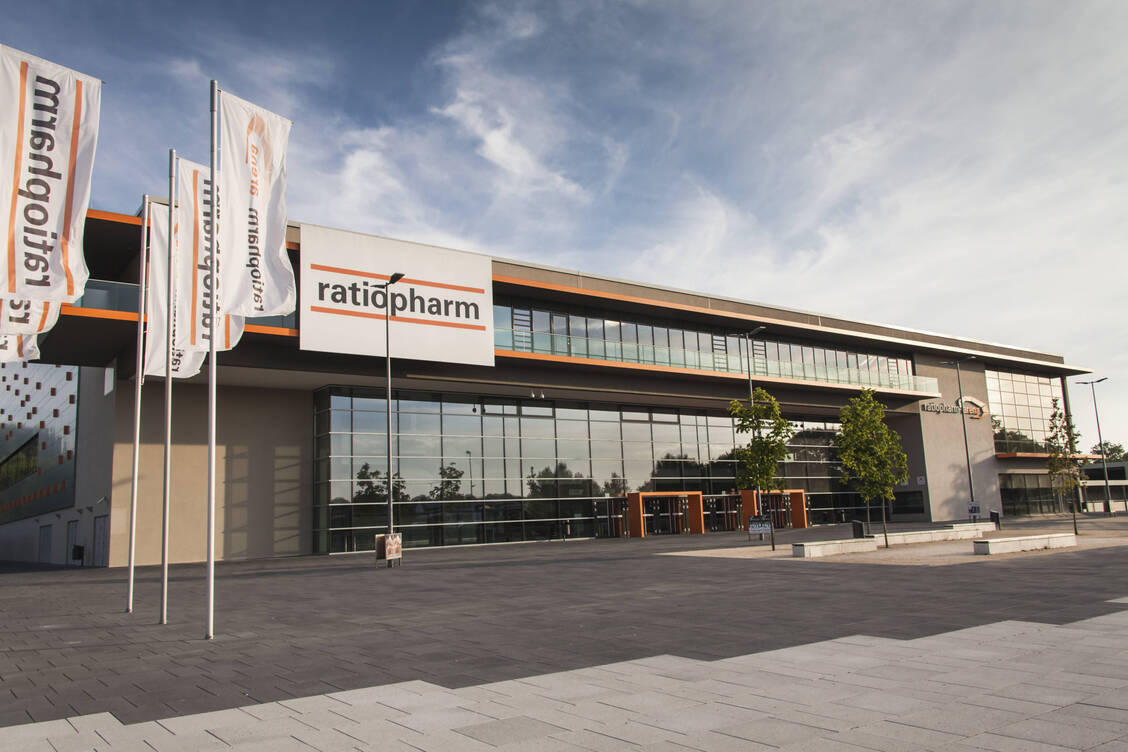"Not economically viable": Ratiopharm considers withdrawing tamoxifen from the market



Under current pricing conditions, tamoxifen is no longer economically viable for Ratiopharm, said Ratiopharm CEO Andreas Burkhardt. / © Imago Images/Westend61
The Ulm-based company Ratiopharm, a subsidiary of the Israeli pharmaceutical group Teva, is considering withdrawing its tamoxifen generic from the market. Andreas Burkhardt, Managing Director of Ratiopharm and Teva in Germany and Austria, said this in an interview with the German business magazine "Wirtschaftswoche."
Burkhardt has been warning about production difficulties and supply bottlenecks for years , calling on politicians in particular to find solutions. The company has reduced the number of pharmaceuticals it produces in recent years, which has led to a decline in its market share, he explained to the newspaper. One example of this is the breast cancer drug tamoxifen: "We are currently seriously considering withdrawing this product from the market," said the Ratiopharm CEO.
The company has barely won any tenders "for years" and sold correspondingly small quantities. "Under current pricing conditions, the product is no longer economically viable. In the future, there will only be two major suppliers of the drug. If a production problem arises there, we will no longer be able to step in."
A Teva spokeswoman told PZ that a final decision on tamoxifen has not yet been made. "Tamoxifen was cited in the interview as an example of many proven medications: When their production is no longer profitable, suppliers gradually withdraw. The result: Supply is concentrated on fewer and fewer shoulders – and thus becomes more vulnerable to disruptions," the spokeswoman continued.
According to the Pro Generika association, Ratiopharm's expected production shutdown would not have a major impact on supply because the company only has a small market share for tamoxifen, a spokeswoman told PZ. Two manufacturers with large market shares bear the brunt of supply. However, with the loss of Teva, the pressure on these two will increase. "In the event that the two major manufacturers experience production problems, Teva (Ratiopharm) will be unavailable as a backup. The two major suppliers are now even more important."
The German Pharmaceutical Industry Association (BPI) told PZ: "We are currently unable to understand the case you have mentioned, and we are also unable to comment on any potential regulatory proceedings."
The two major manufacturers, Sandoz and Aliud Pharma, have not yet responded to a PZ inquiry. Viatris also holds a small market share.

pharmazeutische-zeitung





